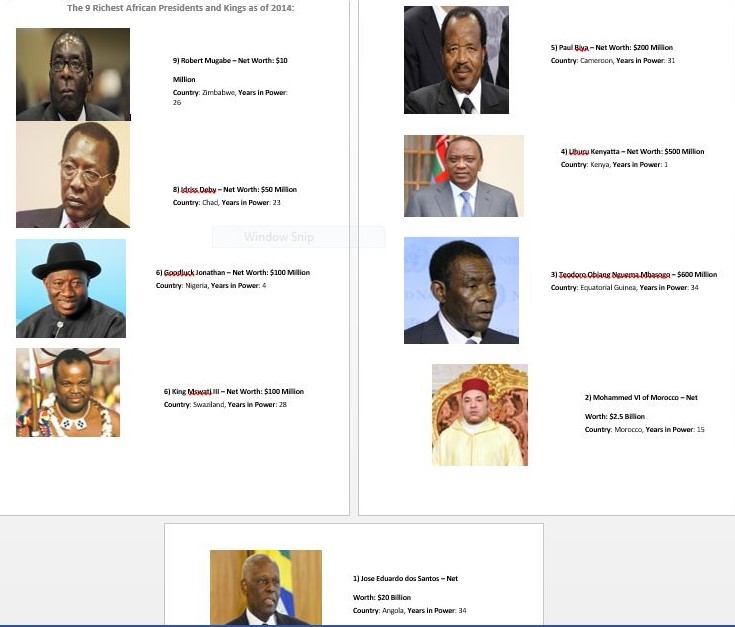
The government will use the first-ever programme-based budget due in Parliament next month to reduce the high level of tax exemptions which currently account for about 3.3 per cent of Gross Domestic Product (GDP).
In 2014, total productivity in the country in nominal terms is estimated at GH¢97.27 billion, without oil inflows and a provisional figure of GH¢89.54 billion in 2013. This puts tax exemptions in the region of GH¢2.95 billion in 2013 and GH¢3.2 billion in 2014.
A Tax Policy Advisor at the Ministry of Finance (MoF), Dr Edward Larbi-Siaw, said the 2015-2017 budget would aim at cutting down the exemptions to 2.4 per cent in the medium term.
Dr Larbi-Siaw disclosed this to the GRAPHIC BUSINESS after a stakeholders’ meeting on the 2015-2017 budget statement in Accra on October 1.
“We are supposed to cut down exemptions on few things we don’t tax. Presently, the exemptions are said to be about 3.3 per cent of GDP; but the aim is to cut down to 2.4 per cent in the medium term,” he said.
Beneficiary categories of the exemptions include the Ghana Investment Promotion Centre (GIPC), the Ghana National Petroleum Commission (GNPC), minerals and mining, head of state and diplomatic corps, general exemptions on items brought in by individuals who travel abroad and parliamentary approval for contracts with foreign countries.
Tax exemptions
The 2013 Budget and Economic Policy Statement of the government captured the country’s tax exemption expenditure at about 3.28 per cent of GDP. An estimated US$876 million was also lost to direct tax and VAT exemptions in 2012.
In February this year, an ActionAid report estimated that the country loses about US$1.2 billion (GH¢2.4 million) to tax incentives annually.
The amount, which would otherwise have been channelled into segments of the economy that needed it, mainly goes to foreign companies operating in the country.
Economist’s view
A former Deputy Minister of Finance, Dr Nii Noi Ashong, said the list of companies on tax exemptions should be made known and how much they were enjoying so Ghanaians could help track their efficient use.
“There should be comprehensive accounts of how the monies are used so those doing the analysis can comment on the efficiency.”
He also suggested that since the IMF programme was a three-year one, the budget should incorporate the Fund’s policy recommendations.
Submissions of stakeholders
The National Chairman of the Association of Road Contractors (ASROC), Mr Joseph Ebo Hewton, appealed to the government to consider prioritising some road projects, in spite of the ban on the award of new contracts.
‘’There is the need for us to place some priority so that we can just reshape a road and it will last for two years instead of just leaving it and going back after five years to do a totally new reconstruction,” he said.
Again, he stated; “building a road is not like building a house. If you abandon it even for one month by the time you get back to site the situation would have worsened and you need to start all over,” he said.
Such delayed projects are therefore a drain on the budget.
Mr George Osei-Bimpeh of SEND Ghana, a non-governmental organisation (NGO) recommended a reform of the budget process to make it more transparent and accountable.
He said a comprehensive pre-budget should be published at least one month before the publication of the executive’s budget proposal in line with international best practice.
“The pre-budget statement creates appropriate expectations for the budget itself, provides information on the fiscal intentions of government. For CSOs working in the area of budget advocacy, the statement provides the framework for proper public participation in the budget process, as they are able to analyse these assumptions and use the findings to influence the parameters of the proposed budget,” he said.
Mona Quartey
The Deputy Minister of Finance, Mrs Mona Helen K. Quartey, assured that the government was working to fuse the IMF programme with the 2015-2017 medium- term budget or implement it in subsequent quarters.
In an interview, she said the priority was to synchronise the programme with the budget expected in November.
“As we prepare, one key thing is that it is no longer an activity budget but a programme-based budget so it will take care of some of these prioritisations and make sure that activities are taken from beginning to end, rather than broken up into bits,” she said.
The budget would be anchored on some development agenda, including the medium-term development plan and the Ghana Statistics Development Plan (GSDP II).
Credit: Graphic



